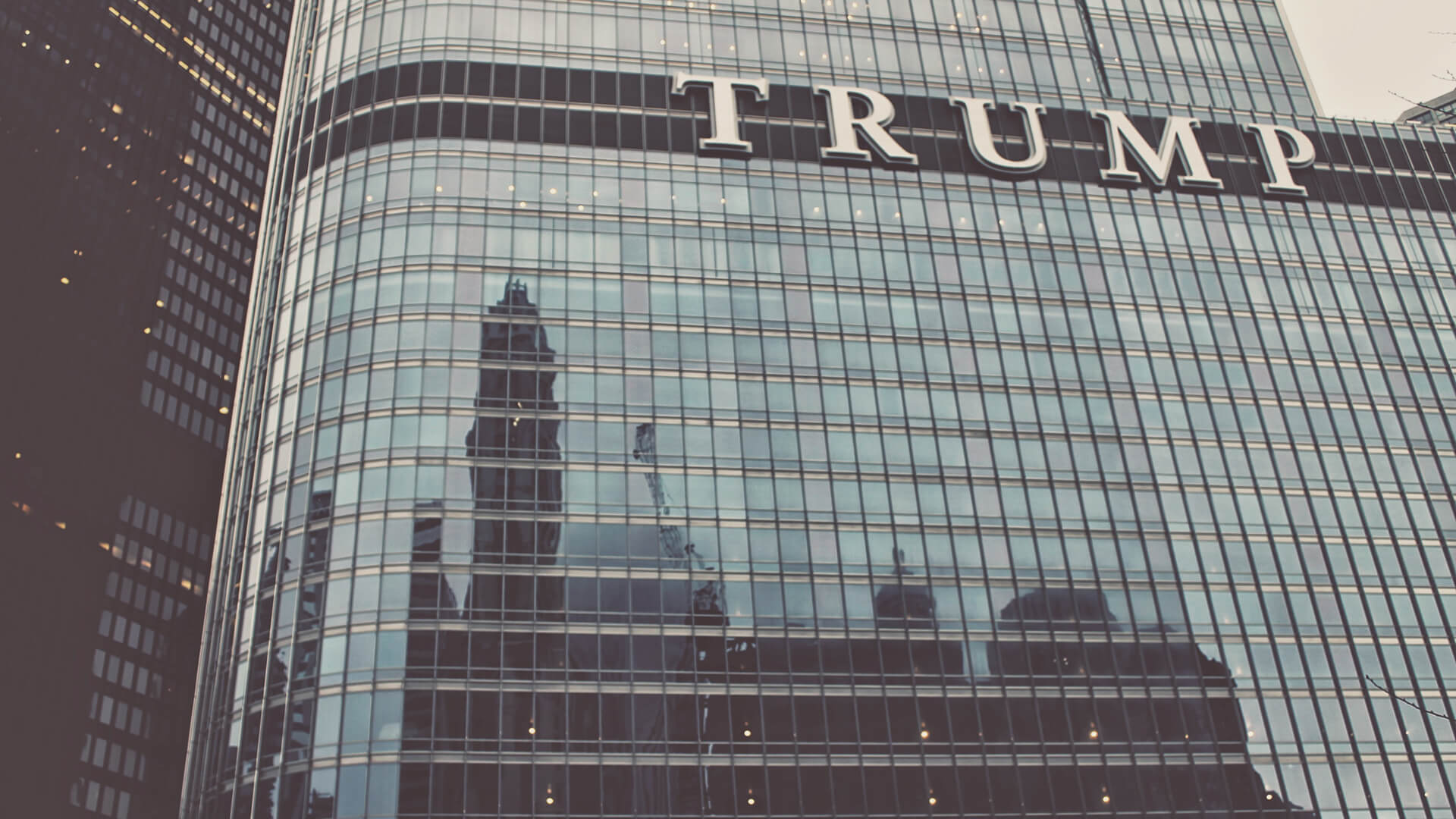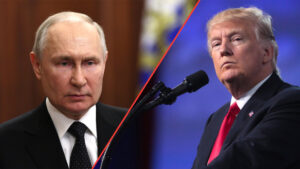On Oct 1 the American, Canadian and Mexican governments announced their mutual agreement to a revised treaty text for the North American Free Trade Agreement. As it was at formation, NAFTA remains the most valuable trade block in the world. Donald Trump insists the new deal will be called “the United States – Mexico – Canada Agreement” or USMCA. As something very close to that acronym has already been taken by an organization that excels in high-kinetic situations and getting American citizens abroad out of trouble, I’m still going to call the trade deal “NAFTA.”
Trump got a rough start. He came in with zero experience and a cabinet that was, in a word, messy. Organizationally he spent his first two years dealing with (causing?) personality and organizational conflicts, and during the past year he has fired nearly everyone in his cabinet with expertise.
But in the background this entire time, Trump’s trade team has continued hacking away at rewriting the United States’ entire trade position. During the decades of the global Order, the United States was all about granting the world deference on economic and trade issues so the Americans could gain the allegiance of most of the world on security issues. That’s how the Americans built and maintained their alliance against the Soviets. That Order is now collapsing, and that necessitates a different approach to both security and trade.
Meaningful adjustments to how the Americans treat the world are, generally, broad-scale disasters for most countries. The ability to trade security deference for economic dynamism in a world of global security was a great exchange for most. Under Trump the two issues are now divorced. You want a security deal with the Americans? You need to offer them something security-related. You want a trade deal with the Americans? You need to offer them something trade-related. No more cross-swaps unless you are willing to be embarrassingly deferential. At first everyone resisted. In part because they had a great deal going in – with the Cold War long gone they hadn’t needed to give the Americans much – in part because no one wanted worse terms.
But since the Americans control global finance and the global currency and global trade flows and the global ocean and global energy and the world’s largest market, the White House holds all the cards. Once it became clear Trump’s position wasn’t rhetoric, everyone knew they’d have to find a way to make a deal.
South Korea – fearing the need to stand alone against North Korea and China and Japan – went first, largely giving in to Trump on economic issues in the hope that when the time comes the Americans will be there on security issues. It is unclear if that will work for Seoul, but it was very clear the Koreans didn’t have a choice.
Next came Mexico, a country whose entire meaningful trade portfolio – and its recent rise from mass poverty – is wrapped up in NAFTA. A country whose seen its position in the U.S. market slashed by China. A country who knows it cannot attach itself to any other market.
Trump’s trade team used its agreement with Mexico to force Canada’s hand. And just like that, America’s economic position in the world is guaranteed. NAFTA alone accounts for roughly one-third of America’s entire global trade position. With that secure, the Americans can now get down to some serious bullying with everyone else.
Next up is Japan. Now sandwiched between a South Korea who already has a deal and a slightly redesigned NAFTA, the only markets that really matter to Tokyo are already locked into Trump’s new system. Trump wants a bilateral or nothing at all. And so this week Japan relented and opened negotiations. I doubt they’ll take long to conclude.
Even easier to negotiate will be a pending bilateral with the United Kingdom. In 2019 the Brits will be leaving the European Union without a deal. The pending hard Brexit will trigger a depression in the United Kingdom, forcing London to accept whatever trade terms the Trump administration sets.
Of America’s largest trading partners that only leaves two on the outside.
The first is Germany. There will be no deal here. There are two obstacles. First, Germany is within the European Union, and EU trade deals are negotiated and administered by bureaucrats in Brussels the Germans do not fully control. Those eurocrats tend to be pretty huffy about how special the EU is and – by design – do not factor in geopolitical issues. Even easy deals typically take a decade to negotiate and it is my opinion the EU doesn’t have that much runway left.
Second is the issue of France. If Paris and Berlin were to combine forces to pressure the EU secretariat to cut a quick deal with Trump, it might happen. But the French and German economies are structured differently and interact with the Americans differently. In absolute terms the French export less than one-third as much to the United States as Germany, to say nothing for the thin French industrial position within the United States itself. That leaves the eurocrats to do what they do best – and that doesn’t include a quick deal.

That just leaves China, a country that is loosely tied for first place in the American trade volumes pecking order with the Canadians and Mexicans. With every country that gives in to Donald Trump, the maneuvering room of those on the outside shrinks. With Korea and Mexico and Canada and Japan and the United Kingdom locked in, already representing 40% of all US trade, China has everything moving against it. We’re now beyond the simple issues of the Americans controlling the global system but not needing it, or the Chinese needing the global system but being unable to maintain it, or the Chinese needing the American market far more than the reverse is true. We’ve even moved past the unavoidable fact that the two people most responsible for Trump’s foreign economic and security policies – Trade Representative Robert Lighthizer and National Security Advisor John Bolton, respectively – have taking China down a few dozen pegs as their top goal.
The new bit of info is that America’s entire trade policy is now designed to break China. The Americans wrote into the new NAFTA treaty that if a signatory signs a trade deal with any non-market-based economy (read: China) then the Americans will up and leave. Expect such language to be appended to every deal the Trump administration writes. For all the talk of China stepping into America’s free-trade shoes (which I always found rather silly) everyone now knows exactly the cost of picking what the Americans feel to be the wrong side.
We might even know the date. As part of their efforts to box in Iran, the Americans are prepping secondary sanctions against any entity that continues importing Iranian crude after November 4. Nearly all international trade is not settled directly, but indirectly via the dollar. For example, if Vietnam sells shoes to South Africa, South Africa pays rand to an intermediary which converts them to dollars, and then converts the dollars into dong which are paid to Vietnam (because no one in Vietnam has or wants rand, and no one in South Africa has or wants dong).
Since the U.S. dollar is the intermediary that makes it all work, Washington holds the option of saying “no,” especially if those transactions are routed either through U.S. banks or banks that value their business with U.S. institutions… like the Federal Reserve. Apply that to all transactions of a given entity and the effect is a complete shut-out from not just the American market, but all global trade.
As present, China is the only country that hasn’t at least hinted at cooperation with the United States’ anti-Iranian efforts. That raises the tantalizing, terrifying possibility of a trade-cum-security-cum-finance throwdown between the Chinese and Americans as soon as November 5 that is less the Chinese bringing a knife to a gun fight and more the Chinese bringing a knife to an artillery exchange.
For those thinking that Trump is a spent force because he’s about to face a mid-term wipe out, think again. Even in the event of a Democratic wave that turns the Congress blue, nothing changes. The U.S. Constitution clearly grants the presidency preeminence and autonomy in foreign affairs. When domestic politics hobbled Bill Clinton, George W Bush and Barack Obama, all three put more of their hours into international politics. At its fundamentals, trade policy is part and parcel of such foreign affairs issues. Congress might be required to stamp approval on new deals, but Congress plays no role if the executive wants to scrap old deals. Trump can even choose to cease executive workings for preexisting deals he might legally need Congressional approval to scrap. (You can thank George W Bush and Barack Obama for setting that particular precedent – they are the ones who decided to not enforce laws they disagreed with.)
The fact is that the United States has leverage to spare in every sphere of global significance, and Trump is racking up some significant successes in converting that leverage into real – if fairly minor thus far – changes. Whether or not you care for the Cold War Order or trade deals like NAFTA or more direct action against traditional trouble states, change is less in the wind than barreling down the tracks towards us all. And with each of the old-style allies that finds itself lined up in the new Trump-style system, the speed of onrushing change will only increase.
Now if we only knew something about the destination.








